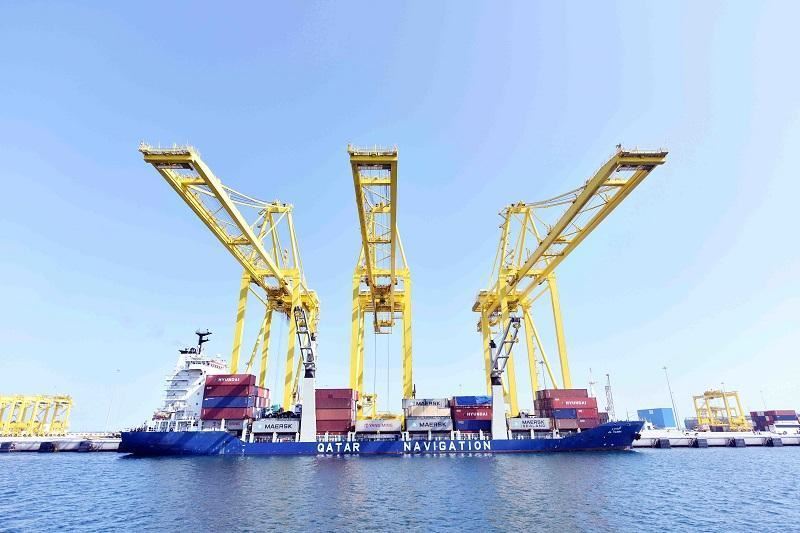Qatar's advanced digital customs platform, Al Nadeeb, accelerates import and export operations while providing investors with significant time and cost advantages.
The General Authority of Customs (GAC), the main authority responsible for customs operations, has jurisdiction not only in ports and customs zones but also throughout the country and in territorial waters. The GAC is taking active steps to facilitate trade by working in close cooperation with the public and private sectors.
Qatar has also implemented the ATA Carnet system since 2018. Thanks to this system, which is run in collaboration with the Qatar Chamber of Commerce, the International Chamber of Commerce, and the GAC, certain products can be brought into the country temporarily, duty-free and tax-free, for up to one year. This application provides great convenience, especially for fairs, promotional events, and short-term projects.
In addition, Qatar works in full compliance with international structures such as the World Customs Organization (WCO) and the Gulf Cooperation Council (GCC) Customs Union. The country is also a part of the Unified Economic Agreement signed among GCC countries.
According to information on Qatar's official investment and trade portal, the country applies a 5% ad valorem (value-based) customs duty on general cargo goods based on cost, insurance, and freight (CIF) value. This rate may be higher for some products. Notable exceptions are as follows:
- Audio recording devices and musical instruments: 15%
- Steel products: 20%
- Urea and ammonia: 30%
- Alcoholic beverages: 100%
- Tobacco products: 100% or 1,000 Qatari Riyals per 10,000 cigarettes (whichever is higher)
This structure has become even more advantageous with the Trade and Economic Partnership Agreement (TEOA) between Türkiye and Qatar, which came into effect on August 1, 2025. Turkish exporters will be able to access the Qatari market much more easily thanks to the exemptions provided in customs duties.










Comments
No comment yet.